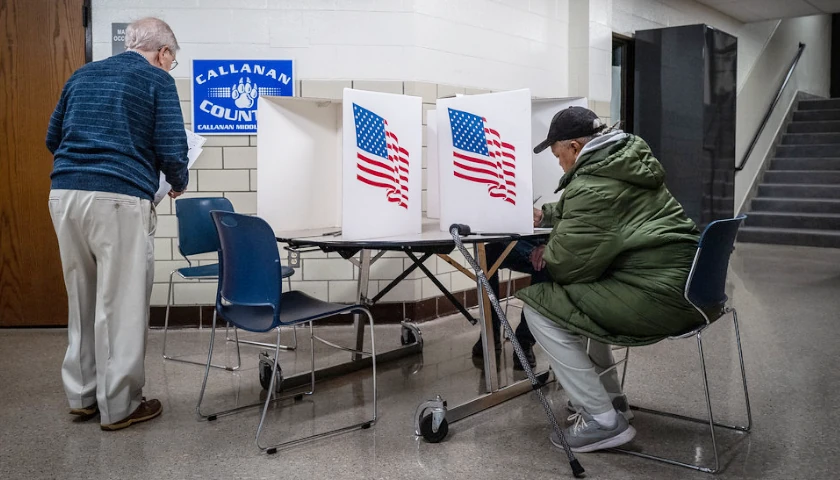by C.G. Jones
There has long been a debate in linguistics about how to approach language and how language should be used by native speakers. The two traditional schools of thought are prescriptivists and descriptivists. The former are concerned with establishing norms for language and formulating rules and proper ways of using said language. On the other hand, the latter believe that a given language should be understood by how it is used, without establishing certain rules and parameters.
It seems that the English language today, at least in America, is in the throes of taking the descriptivist position to the extreme. We are now seeing a concerted effort to overturn the traditional definitions of words and terms in order to push certain political and social agendas.
The back-and-forth of whether we should say “Merry Christmas” or “Happy Holidays” is almost always a subject of disagreement that appears in the news around the holiday season. Though Merry Christmas has been the traditional sentiment shared by those who celebrate the holiday that occurs on December 25, progressives have urged us to say “Happy Holidays,” as it apparently broadens the scope of the holiday and untethers it from the traditional celebration of Jesus’ birth.
But this was just the beginning of what has now become an all-out war on language. There’s a phenomenon of outlawing—or otherwise censoring—language that may be offensive to some people. And instead of questioning that perhaps someone’s feelings about a word are incorrect, some believe that it is better to just change the definition of words.
During the George Floyd riots in the summer of 2020, there was an effort to overhaul the widely accepted definition of the word racism. The previous definition of racism went as follows: “A belief that race is the primary determinant of human traits and capacities and that racial differences produce an inherent superiority of a particular race.”
This definition, provided by Merriam-Webster, was promptly changed in 2020 after a black recent college graduate emailed the company to point out that racism was, in her view, “both prejudice combined with social and institutional power. It is a system of advantage based on skin colour.” Consequently, the dictionary made a change to their definition of racism based on this one complaint.
Even the word woman is going away in favor of non-men. The Editor-in-Chief of Human Events, Libby Emmons, published a piece that broke down how a definition of lesbian from Johns Hopkins is now erasing the word woman completely. Instead, the new definition amounts to “non-men being attracted to other non-men.”
This definition of “woman,” of course, is being changed in light of the relatively new phenomenon of transgender ideology, which has presented linguistic issues of its own. Many within the trans community consider anyone who disagrees with their ideology to be a transphobe. However, the suffix -phobe used to carry a specific connotation, which meant “a person or thing that fears or hates.”
I have yet to meet someone who “hates” or “fears” trans people. In my experience, people disagree with the trans community’s suggestion that children who identify as trans should be allowed to undergo sex changes. There is virtually no one who honestly hates trans people, but there are those who hate that the trans community has targeted children with their ideology, which has leaked into the public school system.
These are just a few of the major linguistic maneuvers that have manifested over the years.
It is nearly impossible to have productive conversations about these important issues if we cannot even agree on the definitions of words. Consequently, this creates a conversational stalemate where neither side is willing to cede ground. Some of the greatest societies in history have crumbled not from losing wars but from cultural decay of its citizens.
The only way out of this linguistic freefall is for people to not be scared of words that may be offensive. It is okay to be offended; we have all been offended. But it is not okay to change the meanings of words simply because their meanings might offend. Definitions of words have changed a lot over the centuries, but it almost never happens by one person suggesting the change. It is a communal effort over a long period of time.
Ludwig Wittgenstein, one of the most well-known analytic philosophers of the 20th century, famously said that “the limits of my language mean the limits of my world.” And so long as language is limited by those who have made it their business to change language for political and social gains, the world that we live in—both literally and metaphorically—is going to continue to shrink.
– – –
C.G. Jones is an author and journalist. He is a staff writer and editor for Human Events and The Post Millennial. He hosts The Last Sisyphus Podcast, where he talks about philosophy and fiction. Find him at Twitter @Heterodoxica.




